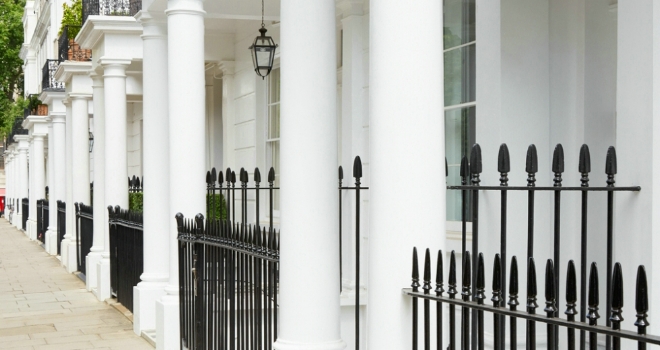
According to the figures, 137 properties were rented out at £5,000- plus per week last year, which represented a 34% increase on the figure of 102 in 2016. In the three-month period between July and September there were 49 transactions, which is a record for a single quarter in 12 years of LonRes data.
Tom Smith, Knight Frank's head of super-prime lettings, says: “The momentum of recent years is still gathering pace. Demand is resilient due to higher rates of stamp duty and the associated uncertainty over the short-term prospects for price growth in the sales market. A lack of clarity regarding Brexit has also been a factor.”
As well as more transactions, the deals agreed are now on a longer-term basis as renting becomes more accepted as a tenure model in the super-prime market, said Tom. The average length of a tenancy in 2017 was 589 days, which compared to 548 in 2016 and 528 in 2015, an analysis of Knight Frank data shows.
There was also a record number of £15,000- plus per week deals last year, with 20 recorded compared to 11 in 2016.
Tom continues: “There is increasingly the opportunity to rent the sort of high-quality stock that has come from the sales market that historically did not exist on the lettings market.
The clear message for landlords is that super-prime tenants will not compromise on quality in the same way as buyers will not.”
The prime central London sales market is now moving towards recovery mode as higher transaction costs are absorbed. Average prices above £10 million rose 0.2% in the year to January 2018, the first annual increase in almost two years. In a sign that more tenants are anticipating this recovery, there has been an increase in the number who have requested a clause in the tenancy agreement giving them first refusal to buy at the end of the tenancy.
Tom concludes: “This option was rarely mentioned a few years ago but is now a frequent topic of conversation on viewings. Many landlords have nothing to lose with this 'try-before-you-buy' route. The worst case scenario is that you have an income stream that covers your costs and the best is that you also have a sale at the other end.





